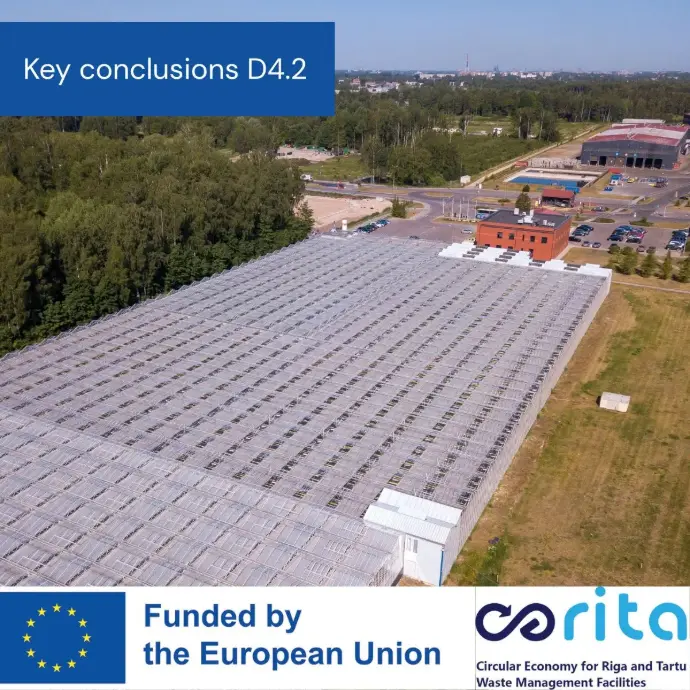The CERITA report D4.2 sheds light on the future of renewable energy in Latvia and Estonia, with a strong emphasis on waste-based hydrogen production. As the region navigates the green transition, this study positions energy surpluses - especially from waste streams - as a valuable, underutilized resource.
The report goes beyond production, examining how energy from renewables can be effectively stored and integrated into the power grid. This includes exploring the technological and economic hurdles that currently limit wide-scale implementation.
With grid stability, energy efficiency, and sustainability targets in mind, D4.2 calls for stronger regional cooperation and investment in research. The report concludes that aligning strategies across borders will be key to meeting shared climate goals and maximizing local resources.
From solar to hydrogen, the Baltics are gearing up for a smarter, cleaner energy future - powered in part by waste.
Document: CERITA Deliverable D4.2
Focus Areas: Synthetic fuels, hydrogen storage, waste-to-energy innovation

Stay tuned for more updates as the CERITA project moves forward with pilot actions and shared knowledge.